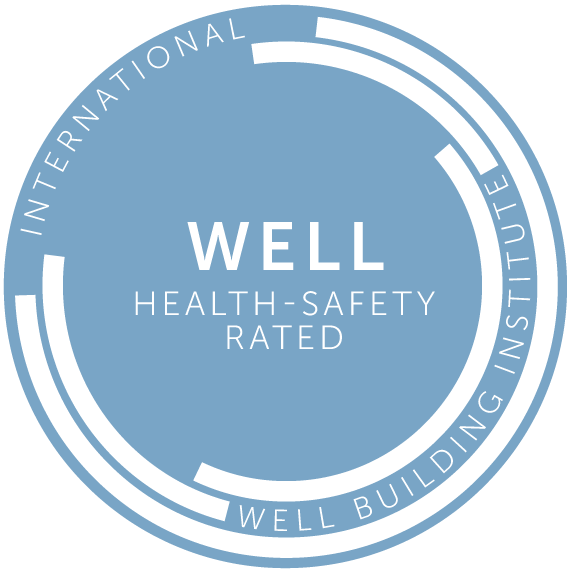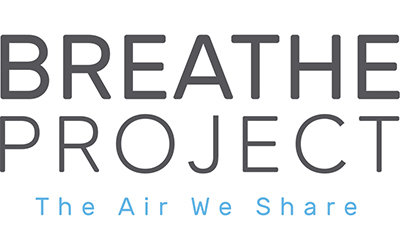Toward Protecting Our Health and Preventing Today’s Epidemics of Chronic Diseases and Disabilities
Pete Myers, Ph.D. | Founder and Chief Scientist, Environmental Health Sciences, Publisher of EHN.org and DailyClimate.org
Watch This Presentation:
Dr. Pete Myers opened Phipps Conservatory’s second annual One Health One Planet™ symposium, “Health Impacts: Chemicals of Concern in the Environment,” with a keynote presentation on Wed., March 7, 2018. In his talk, Dr. Myers, the founder and chief scientist of the nonprofit Environmental Health Sciences, spoke about cutting edge research on endocrine-disrupting chemicals (EDCs) and their effects — at small doses and often starting within the womb — on gene expression and human health.
“We live in a new health era,” Dr. Myers said. “Human health used to be mostly focused on communicable diseases, on infectious diseases, on epidemics like smallpox. Most medical practice now focuses on noncommunicable diseases, many of which are related to malfunctions of the endocrine system of hormones.”
While classic factors, namely heredity, affect gene expression, so do environmental factors, including diet, stress, and environmental contaminants. Endocrine-disrupting chemicals can alter gene signaling, sometimes preventing a gene from turning on or activating it at inappropriate times.
“In the chemical world, what are some factors that affect gene expression? Bisphenols, perfluorinated compounds, phthalates, lots of different types of flame retardants, dioxins, PCBs. The list goes on and on,” Dr. Myers said.
He cited a 2013 World Health Organization (WHO) and United Nations Environment Programme review that concluded endocrine disruption is a global public health threat. Noncommunicable diseases include heart disease, obesity, endometriosis, autism and fertility. The data showed that 800 chemicals available commercially disrupt the endocrine system; WHO calculated that the resulting health effects cost Europe €167 billion annually.
Dr. Myers said the “revolutionary” research on EDCs reveals that low doses matter — doses that toxicologists weren’t able to measure two decades ago — and that the testing methods employed by regulatory agencies, including those of the U.S. Environmental Protection Agency and the Food and Drug Administration, are outdated. Additionally, research shows that exposure is ubiquitous and that consequences of endocrine disruption can begin in the womb — with evidence showing compounding effects over several generations (Horan et al., 2017).
Humans may come into contact with EDCs by simply touching ATM or retail receipts coated in Bisphenol A, or sitting on furniture treated with flame retardants.
“We have filled our homes with products and packaging and other things that are bringing contaminants directly to us, defeating all the great work that was done to clean up the air and clean up the water,” he said. “We assume that products are safe.”
The good news, Dr. Myers said, is that with scientific advances and spreading awareness, consumers are pushing the market to produce safer chemical alternatives.
“I think that if we have a chance of reversing the trends in these disease burdens, it’s going to be hard, it’s going to take a lot of work on it, there are going to be fits and starts, but my long term vision is that we will make progress and have a healthier generation of people.”
Additional Resources:
- Presentation Slides (PDF)
- Environmental Health News
- The Daily Climate
- State of the Science of Endocrine Disrupting Chemicals (UNEP/WHO 2013)
- “Germline and Reproductive Tract Effects Intensify in Male Mice With Successive Generations of Estrogenic Exposure.” T. Horan, A. Marre, T. Hassold, C. Lawson, P. Hunt. PLOS Genetics (2017)

About the Speaker
John Peterson “Pete” Myers is founder, CEO and chief scientist of Environmental Health Sciences, a not-for-profit organization that promotes public understanding of advances in scientific research on links between the environment and human health. Dr. Myers holds a doctorate in the biological sciences from the University of California, Berkeley and a B.A. from Reed College. For a dozen years beginning in 1990, Dr. Myers served as director of the W. Alton Jones Foundation in Charlottesville, Virginia. Along with co-authors Dr. Theo Colborn and Dianne Dumanoski, Myers wrote Our Stolen Future (1996), a book that explores the scientific basis of concern for how contamination threatens fetal development. Dr. Myers is now actively involved in primary research on the impacts of endocrine disruption on human health. He is on the management team of the Fan Initiative and is on the boards of the Science Communication Network and the Jenifer Altman Foundation. Until its merger with Pew Charitable Trusts in 2007, he served as Board Chair of the National Environmental Trust. He has also served as Board President of the Consultative Group on Biological Diversity, an association of more than forty foundations supporting work on biodiversity, climate, energy and environmental health and board chair of the H. John Heinz Center for Science, Economics and the Environment. He is an adjunct professor of chemistry at Carnegie Mellon University.
Dr. Myers lectures around the world. In 2016 he received a Laureate Award for Outstanding Public Service from The Endocrine Society, the world’s largest association of medical and research professionals specializing in endocrinology. In November 2016 he received, along with 11 others, the first Champion of Environmental Health Research award from the National Institutes of Health. Other recipients included three current or former directors of the National Institute of Environmental Health Sciences.
Select photos © Mark Dixon




